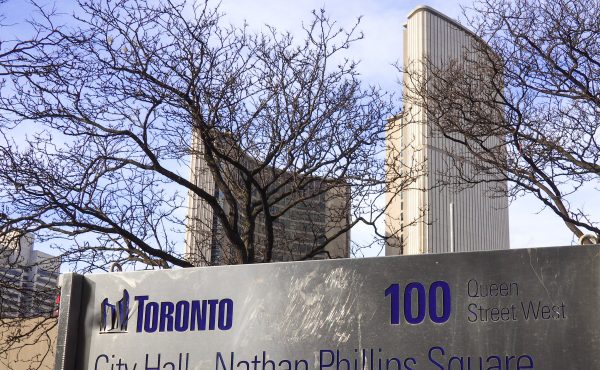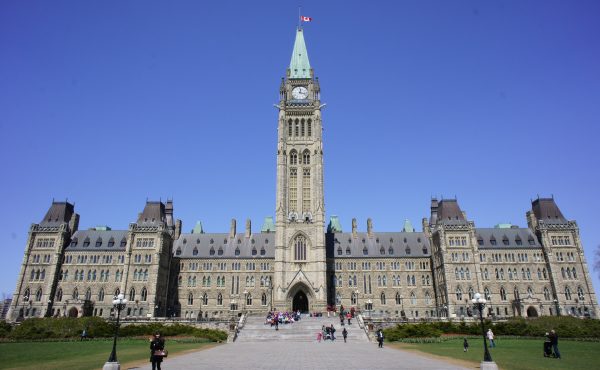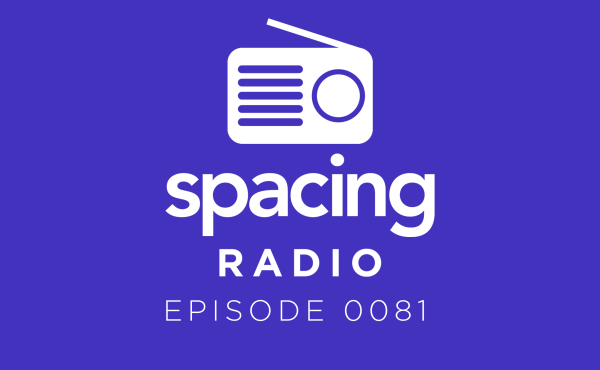This series features highlights from the ongoing exhibit The Fourth Wall: Transforming City Hall. The exhibit, on now at the Urbanspace Gallery, considers possible avenues to break down the barriers to participation in civic life that exist at Toronto’s City Hall.
It’s fair to say that there is room for improvement when it comes to municipal elections. With 51% voter turnout in Toronto’s 2010 race, ideas that enhance voter engagement and increase the accountability of our elected officials should be explored.
Anyone who has hosted an event before knows that if you want to maximize attendance, you should hold it on the weekend. While Toronto’s elections are held on Mondays, most other beloved city-wide events are held (at least in part) on weekends: the Calvacade of Lights, Pride, Caribana, Nuit Blanche and many, many more. Elections are successfully hosted on weekends in other Canadian cities – Montrealers and Vancouverites cast their ballots on Saturdays.
Non-voters will often tell you that voting doesn’t make a difference. One way to renew their interest is to enhance the connection they perceive between the act of voting and the outcomes they see. Shorter term lengths give citizens the opportunity to evaluate the performance of their elected officials more frequently and improve accountability. This is particularly important in the municipal setting where council can’t fall on a confidence motion (as in the provincial and federal settings).
Up until 1956, municipal elections were held on an annual basis in Toronto. In an astonishing series of referendums dating from 1912 to 1952, the people of Toronto were asked whether their councillors terms should be extended. The electorate repeatedly rejected the term extension proposition, until 1955 when it was changed to two years and 1982 when it was changed to three. Term extensions are often justified on the basis that council can’t accomplish much in the span of a year. Yet, Toronto’s history is littered with major projects completed during the single year term era – the Yonge subway line, the Prince Edward Viaduct and the R.C. Harris Water Plant to name a few.
In 2006, the provincial government made a unilateral move to extend all municipal council terms to four years in a budget bill rider. The result has been less accountability and more voter apathy.
Have you ever had trouble finding time to vote in civic elections? Would weekend voting improve the odds that you’ll cast a ballot? Are council’s terms too long? Would a shorter term length be productive for the City?
Image from CTV
The Fourth Wall: Transforming City Hall is on at the Urbanspace Gallery (401 Richmond St. W.) until the end of January. The building is open weekdays, 7am to 7pm, and Saturdays, 9am to 6pm. Curated by Dave Meslin, Research by Hilary Best, Design by Adam Zinzan-Harris.





One comment
I definitely agree with most of the points made; a similar argument is made in the book “Why Tuesday” about American elections. However, I would like to point out that Mayor Miller was one of the greatest proponents of a four-year term, and the reason is sound: To win an election today, one generally needs to campaign on great change, the kind that cannot come in 2 years or even 3, especially when the third year is dedicated mostly to re-election campaigning.